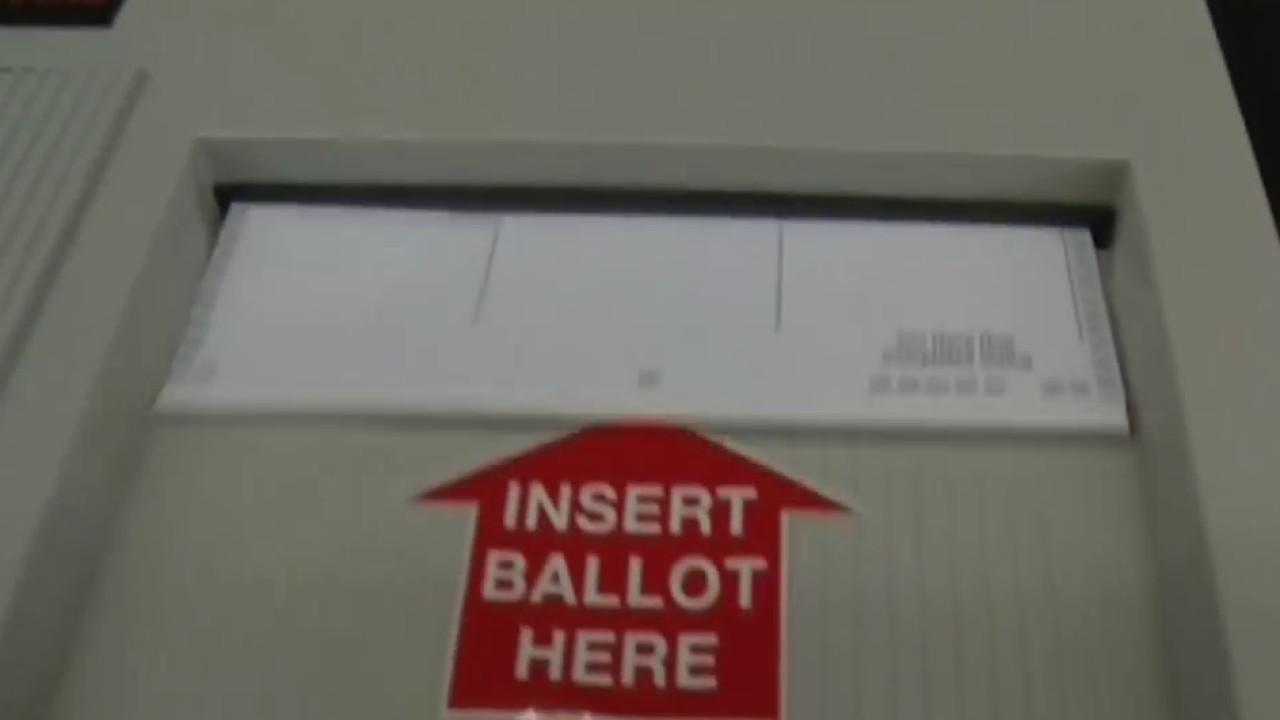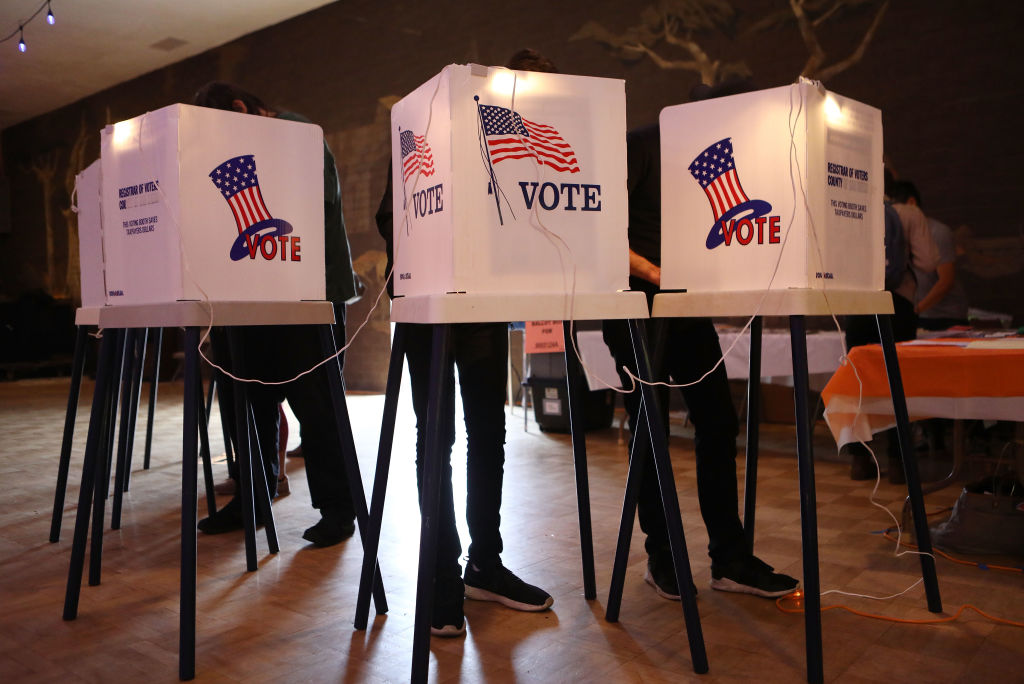After a Maine Supreme Judicial Court ruling last week that ranked-choice voting could be used in this year's presidential election, there's an effort to take the issue to federal courts.
On Thursday, attorneys for Maine's Secretary of State and opponents of ranked-choice voting, including the state's Republican Party, will argue in front of the Supreme Judicial Court on whether or not it should issue a stay on using ranked-choice in the presidential election while the GOP appeals a decision the court made last week allowing that to happen to the U.S. Supreme Court.
The case centers around the validity of signatures the Maine GOP was trying to collect in an effort to add what's called a "people's veto" to the ballot on ranked-choice to the ballot this year.
Had that happened, ranked-choice, which eliminates candidates in rounds until one gets 50%, could not be used in the presidential contest.
However, with last week's state supreme court ruling, the stage is set for Maine to become the first state in the country to use the system in that type of race.
Maine voters have twice approved ranked-choice by voting for measures adopting its use in certain local and statewide races twice and a federal court fight in 2018 by former U.S. Rep. Bruce Poliquin on ranked-choice was unsuccessful.
More on Ranked Choice Voting in Maine
Asked what impact the use of ranked-choice voting would have on the 2020 presidential election, Jason Savage, executive director of the Maine GOP said, "we have not stated any belief as far as the impact on election results in the 2020 Presidential election."
He explained that the party's effort "is about protecting the principle of one person, one vote from the flawed RCV process."
Savage added that the party's "hope" was to have the U.S. Supreme Court have a say on Maine's ranked-choice process before the Nov. 3 election.
Phil Harriman, a Republican political analyst for NBC affiliate NEWS CENTER Maine, said he thought there was agreement among most conservative voters that a court battle against ranked-choice voting was worth pursuing despite the success of efforts in favor of it when asked about the conviction of Republican voters.
"I think there are strong convictions almost to constitutional principle that they believe that say ranked-choice voting is not the way our elections should be determined in the future," he said.
As for the impact on elections statewide, Sandy Maisel, Goldfarb Family Distinguished Professor of American Government at Colby College, said he thinks it is "absolutely the case" that the headlines about ranked-choice voting being used in the presidential race in Maine may outweigh the system's actual impact because he expects both of the state's congressional districts to be carried by Trump or Biden on a 50% or more margin.
"I've seen no polling that any of the minor parties are going to do very well in the state this time," Maisel said.
In addition to ranked-choice voting, Maine is unique in that it awards electoral college votes by congressional district.
Nebraska is the only other state that splits electoral votes.



